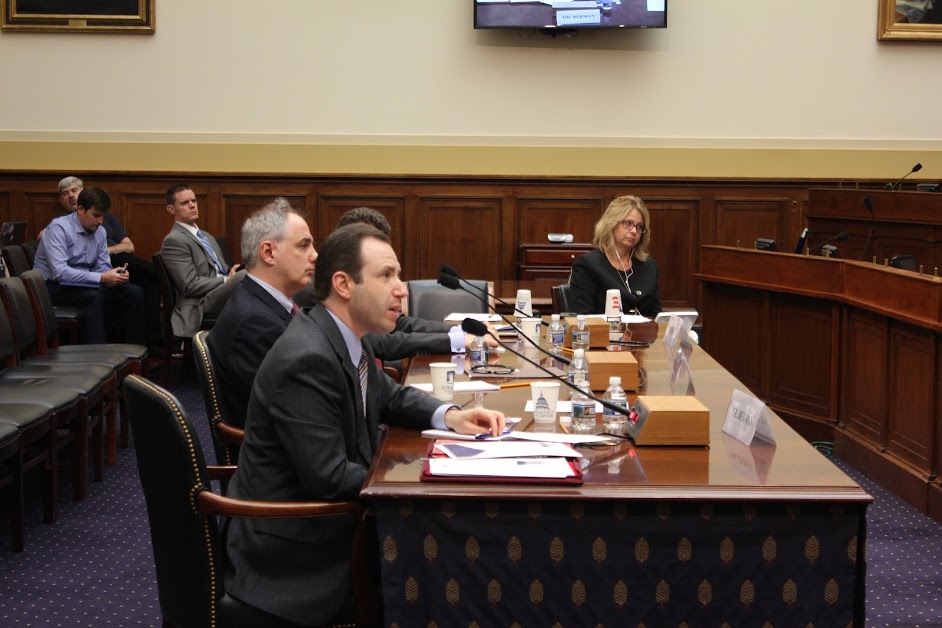On May 24, AFPC Senior Vice President Ilan Berman was one of three experts called to testify before the House Foreign Affairs Committee’s Subcommittee on Terrorism, Nonproliferation, and Trade regarding the global threat of Iran. In his remarks, Berman focused on how the 2015 nuclear deal between Iran and the P5+1 powers has empowered Iran’s global ambitions - and what the Trump administration needs to do now in order to push back against the Islamic Republic.

Iran, he noted, has reaped extensive financial and trade benefits as a result of its agreement with the P5+1, the cumulative impact of which has been to set the Iranian economy “on a path of sustained growth.” These dividends, however, have not fostered “a kinder, gentler polity within the Islamic Republic.” Rather, they have empowered an expansion of Iranian strategic capabilities and regional activism on a number of fronts. To best counter the expanding threat posed by the Iran, Berman argued, the new administration needs to focus on four distinct priorities.
First, Washington must reestablish economic leverage vis-a-vis the Islamic Republic. “[T]he new administration needs to move resolutely to enact measures (such as the blacklisting of Iranian individuals and entities suspected of illicit activity, and the levying of onerous fines on those doing business with them) that send a clear signal that it will not condone a return to ‘business as usual’ with the Islamic Republic,” he noted.
Second, the U.S. must ensure Iran’s compliance with the terms of the 2015 nuclear deal, including through “the hiring and deployment of additional inspectors to Iran’s nuclear facilities, and by demanding access from Iran to additional nuclear facilities not currently being monitored under the terms of the deal.”
Third, America needs a strategy to constrain Iranian expansionism. For Washington, Berman argued, “implementing policies that can serve to deter or counterbalance future Iranian adventurism” will be key to reinforcing stability in an already volatile region.
Finally, he asserted, the new administration needs to rebuild American credibility vis-a-vis the Iranian people. To do so, the White House must “articulate, and then demonstrate, that it is not content with the current political status quo within the Islamic Republic,” and to implement outreach that diminishes “the credibility and authority of Iran’s clerical regime.”
